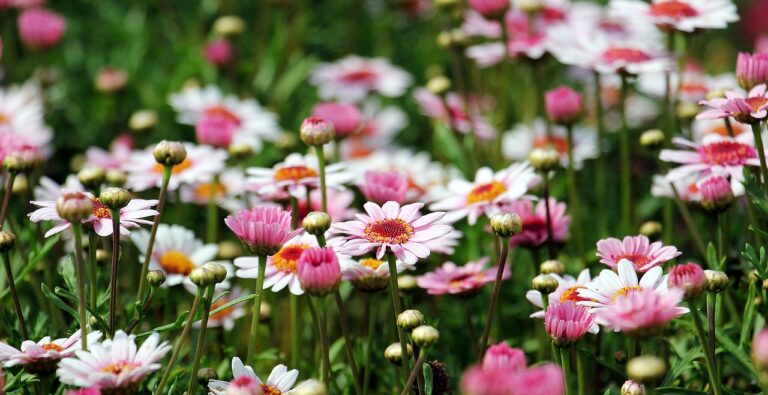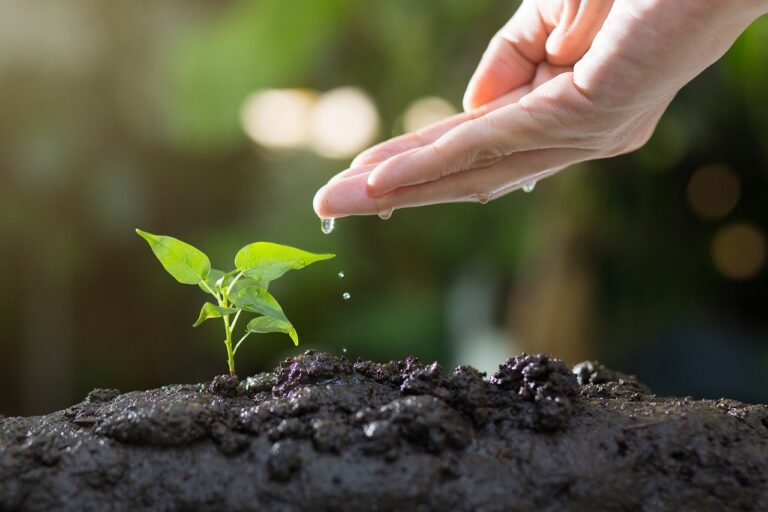Introduction
Organic gardening focuses on growing plants without synthetic fertilizers, pesticides, or genetically modified organisms (GMOs). This method promotes a healthier environment and produces nutritious, chemical-free food. Here are some tips and techniques for successful organic gardening.
Healthy Soil is Key
Healthy soil is the foundation of organic gardening. Use compost, aged manure, and other organic matter to enrich your soil. These materials improve soil structure, provide essential nutrients, and support beneficial microorganisms that help plants thrive.
Choose Organic Seeds and Plants
Start with organic seeds or plants. These are grown without synthetic chemicals and are often more resilient to pests and diseases. Look for certified organic labels when purchasing seeds or seedlings.
Natural Pest Control
Instead of using chemical pesticides, use natural methods to control pests. Introduce beneficial insects like ladybugs and predatory beetles that prey on harmful pests. Planting companion plants, such as marigolds or nasturtiums, can also deter pests. Additionally, use barriers like row covers to protect your crops.
Crop Rotation and Diversity
Rotate your crops each season to prevent soil depletion and reduce the risk of diseases. Plant a variety of crops to encourage biodiversity, which can help maintain a healthy garden ecosystem. Interplanting different species can also reduce pest problems.
Organic Fertilizers
Use organic fertilizers like compost, fish emulsion, and seaweed extract to feed your plants. These natural fertilizers release nutrients slowly, promoting steady growth and reducing the risk of nutrient runoff. Avoid synthetic fertilizers, which can harm soil health and the environment.
Water Wisely
Water your garden deeply and infrequently to encourage deep root growth. Use drip irrigation or soaker hoses to minimize water waste and reduce the risk of fungal diseases. Mulch around plants to retain moisture and suppress weeds.
Weed Control
Control weeds by mulching, hand-pulling, or using a hoe. Avoid using chemical herbicides. Mulch not only suppresses weeds but also improves soil health as it decomposes.
Conclusion
Organic gardening is a sustainable and rewarding way to grow your own food. By focusing on healthy soil, natural pest control, and organic fertilizers, you can create a thriving garden that’s good for you and the environment.





